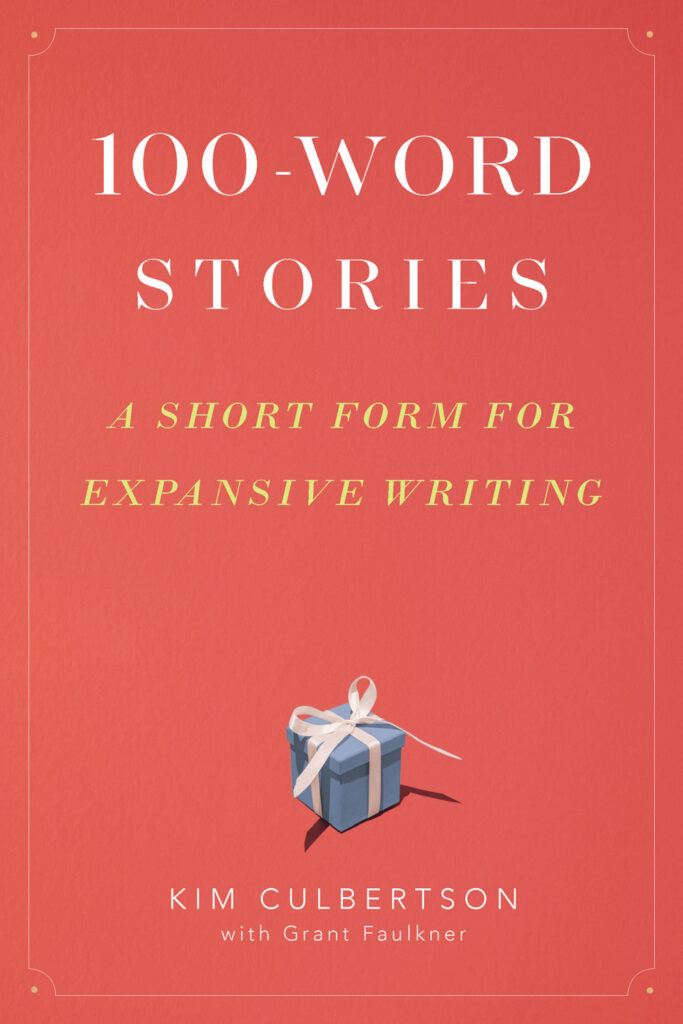
Other People’s Kids
After being attacked by a disgruntled parent in the parking lot of the private high school where she has taught English for the past twelve years, traumatized 45-year-old Chelsea Garden flees the San Francisco Bay Area for her hometown of Imperial Flats in the Northern California foothills. But even after being away for six years, she finds the complicated relationship she has with her mother the same as ever. At a chance meeting, beleaguered principal Nora Delgado offers Chelsea a long-term substitute position at Imperial Flats High School. To complicate matters, her former classmate and messy first love, Evan Dawkins, has also recently joined the faculty to teach music. He is caring for his father who has dementia and battling with his ex-girlfriend over the welfare of their nine-year-old daughter, Violet. He’s tired. And wasn’t expecting Chelsea Garden to walk back into his life.
Other People’s Kids follows three educators: one at the beginning of his career, one in the middle of hers, and one on her way out as Evan, Chelsea, and Nora try to navigate the usual complications of middle age and the entanglements of their relationships. Do they have the strength at this point in their lives to risk change?
In Other People’s Kids Kim Culbertson writes with empathy and humor, complexity and insight, about a cast of characters impossible not to fall for. But the greatest magic of this novel is the glow that growing to know them will cast over your own life, making you view those around you—and maybe even yourself—with a bit more generosity. This big-hearted, sweet-souled, tenderly funny book is just the balm we’ve all been wishing for.
— Josh Weil, California Book Award winning author of The Age of Perpetual Light
At a time when teachers are finally getting some overdue recognition as our culture’s unsung heroes, Kim Culbertson gives us an intimate view of a profession and its practitioners so often taken for granted. With precise detail, subtle drama, and surprising humor, she creates complex characters we want to spend time with and learn from, both in and out of the classroom; they may not want their students to know it, but her educators are fully alive and frustratingly, stubbornly, lovably human. Other People’s Kids is a warm, vital, intricately structured, and beautifully written novel about a small community in the midst of change and the people most likely to hold it together.
— Scott Nadelson, Oregon Book Award-winning author of Between You and Me
As a daughter of educators and longtime fan of Kim Culbertson’s YA, it was a joy to journey into her first adult novel. She has such a knack for creating characters we know and sympathize with, who make us tear up and laugh out loud. Everyone should pick up a copy!
— Brittany Blake, Library (Goddess) Tech and former Independent Bookseller
Kim understands our desire for connection, and that sometimes real connection comes from the people who knew us first, before we grew up and moved to far-flung cities and studied at fancy schools and chased the dream job, only to become disillusioned and jaded. Because the people who “knew us when” can restore our core self and not care that we screwed up along the way. They know there’s hope for us yet. And I think that’s something we could all use reminding of.
— Loretta Ramos, Television Producer, American Gods
In Other People’s Kids, Kim Culbertson deftly weaves the stories of three educators, each at a crossroads in their lives. Faced with tense family dynamics, broken romantic relationships, not to mention troublemaking students and their exasperating parents, Culbertson’s characters come to life on the page, their flaws and complexities written with compassion and humor. In a time of so much uncertainty, Other People’s Kids offers a moving, hopeful story of what it means to come home.”
— Darien Gee, national bestselling author of Friendship Bread
The pages of Culbertson’s winsome and wise novel turn swiftly, even as they offer ongoing and profound ideas about life choices. Choices that may have led to dead ends—or to surprising places. A novel packed with joy, loss, regret, love, fury, and redemption, its compelling characters and delightful writing make this an engrossing and inspiring read.
— Sands Hall, bestselling author of Catching Heaven and Reclaiming My Decade Lost in Scientology: A Memoir

100-Word Stories
What can 100-word stories help your students understand about writing? The short answer is, everything!
This flash-fiction form has become a popular structure for efficiently teaching a wide variety of literary devices, terms, and processes in a targeted way. Part teaching guide, part anthology, 100-Word Stories is a dynamic guide complete with lessons and prompts to help young writers learn and practice literary elements, narrative skill, and personal voice.
Through a collection of accessible lessons, each with a mentor text that is either student- or author-created, Culbertson and Faulkner share insight into using these “small, bright things” in the ELA classroom. The book’s structure is meant to be flexible-you might dip in and out of the lessons as needed to supplement existing curricula, or you might choose to teach an entire unit based on the lessons. No matter how you employ them, this short form can create expansive practice for young writers.
100 Word Stories is a revelation. Culbertson and Faulkner’s helpful book offers the perfect platform for students to learn and practice the essential skills of writing. It also helps them be more critical readers as it shows them how to explore the myriad of decisions writers make to express and convey ideas. It offers teachers profound insights into writing instruction and provides deep understanding of the writing process. Filled with examples and thoughtful reflection questions, the practical and classroom friendly guidance provides a clear pathway to helping students to unlock the stories hiding within them.
— Peter Brunn, author of The Lesson Planning Handbook
In this marvelous gem of a book, Kim Culbertson and Grant Faulkner reveal how 100-word stories carry enormous power in the development of young writers. You will not only learn a great deal about the elements of story writing, you will find yourself itching to write your own through creative exercises and practices. Follow these two wise teacher–writers and recharge writing, revision, and feedback in your classroom.
— Penny Kittle, best-selling coauthor of 180 Days and Four Essential Studies
Teachers of writing and literature—as well as practicing writers—love 100-word stories, and this book is exactly the resource teachers need to bring those little gems into their classrooms. Culbertson and Faulkner, themselves masters of the craft, show us how 100-word stories are not only short, but impeccably crafted, revealing so much in such a concentrated form. In addition to practical advice, the book includes a wealth of 100-word stories suitable for classrooms from fifth grade through high school.
— Elyse Eidman-Aadahl, Executive Director, National Writing Project




